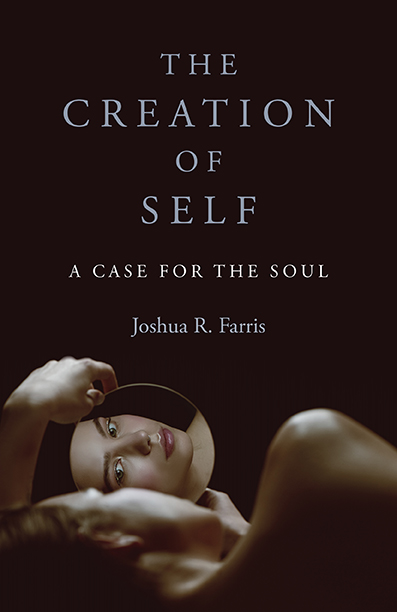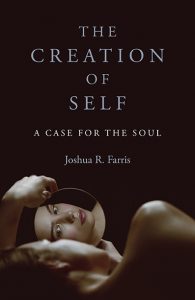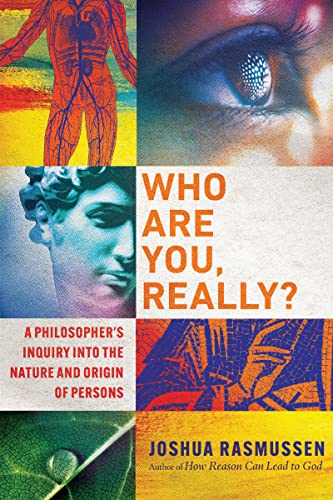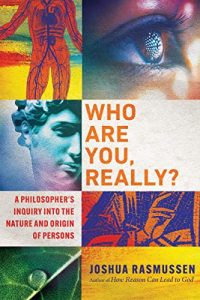
The principal object of this chapter is to explore the role of free will in the context of theological anthropology. Specifically, we address the relation of human freedom to the progression through the various stages of theological anthropology: status integritatis, status corruptionis, and status gloriae. We begin by contrasting compatibilism and incompatibilism and their respective abilities to account from human freedom. In the theological realm, compatibilism states that human’s action may be freely chosen even if God also determines that same act. In contrast, incompatibilism claims that the existence of free will is incompatible with determinism.
The first stage of theological anthropology that we address is status integritatis. This is the state of humans before sin. Because they are created in the image of God, they are moral agents and, as such, have free will. Traditional Christian thought has held that freedom in this stage is a two-way power; it can be used either in alignment with God’s will, or against it. One approach to an incompatibilist account of human freedom is as follows. For God to create a universe that contained moral good, he would have to create that universe with the possibility for moral evil as well. Because God does not, according to the incompatibilist’s view, determine how agents use their free will, sin becomes a possibility if he gives creation free will. However, because those agents have not lost original righteousness (because they have not yet sinned), it is also possible for them to not sin. Compatibilists often explain human sin, given that God could have determined that humans never freely sin, by using a version of the greater good defense. Here, sin is necessary for some greater good (e.g., incarnation, atonement). On this view, God determines agents to sin in order to bring about that greater good.
Like the status integritatis, in the status corruptionis, humans have the ability to sin. This state comes, however, after the loss of original righteousness. As such, human agents in this stage are no longer oriented toward the good of alignment with God and are in bondage to sin and death. As such, without some grace beyond the grace of nature, humans in the status corruptionis are unable to freely choose the good. Christian tradition supports the claim that free agents in this stage cannot initiate movement toward the good of alignment with God. Instead, God must bestow a unique grace upon the agent in order for that agent to choose a good. In both compatibilist and incompatibilist views, the ability to sin in the status corruptionis has the same provenance as it does in the status integritatis. Compatibilism has an easier time explaining how humans can freely make or fail to make a choice, since it allows God to determine them without undermining their freedom. But, we argue, even on a libertarian account of free will, there is nothing that prevents agents from being both freely able to sin and not freely able to choose the good. Because of the impact of sin upon the individual, a unique grace will be needed for the agent to will the good.
The final stage of theological anthropology is the status gloriae, the stage in which the redeemed are unable to sin. The truth of compatibilism would again allow for an easy defense of this stage: if God can determine how agents use their free will, then God can determine that the redeemed in heaven only direct their free will toward the good and never sin. Incompatibilism seems to have a harder time accounting for the status gloriae: if the redeemed are unable to sin, it would seem that their free will is constrained in some important way. We suggest that one possible libertarian approach is to argue for the agent’s own moral character being the constraining factor. As long as that agent’s moral character is freely formed, and thus an internal rather than external constraint, it need not count against her being free. The libertarian can also argue that a person is only free to choose some option if she sees a reason to choose that option. On this view, the redeemed would have perfected their character so that they perfectly understand their reasons for acting (and not acting), can weigh those reasons perfectly, and would never act contrary to those reasons. It would be possible, then, that the redeemed see no reason to sin, and thus cannot freely choose to sin.
Many of these issues are treated at greater length in Timpe’s Free Will in Philosophical Theology (Bloomsbury 2013). Those interested in these issues should also look at Stewart Goetz’s Freedom, Teleology, and Evil (Continuum 2011). There are considerable literatures relating human freedom to heaven and hell; perhaps the best place to start is Jerry Walls’ Heaven, Hell, and Purgatory: Rethinking the Things that Matter Most (Brazos 2015). We hope that further work will explore philosophical issues of the Incarnation for how it relates to human freedom, as well as the related issue of deification that one finds in various Christian traditions.






